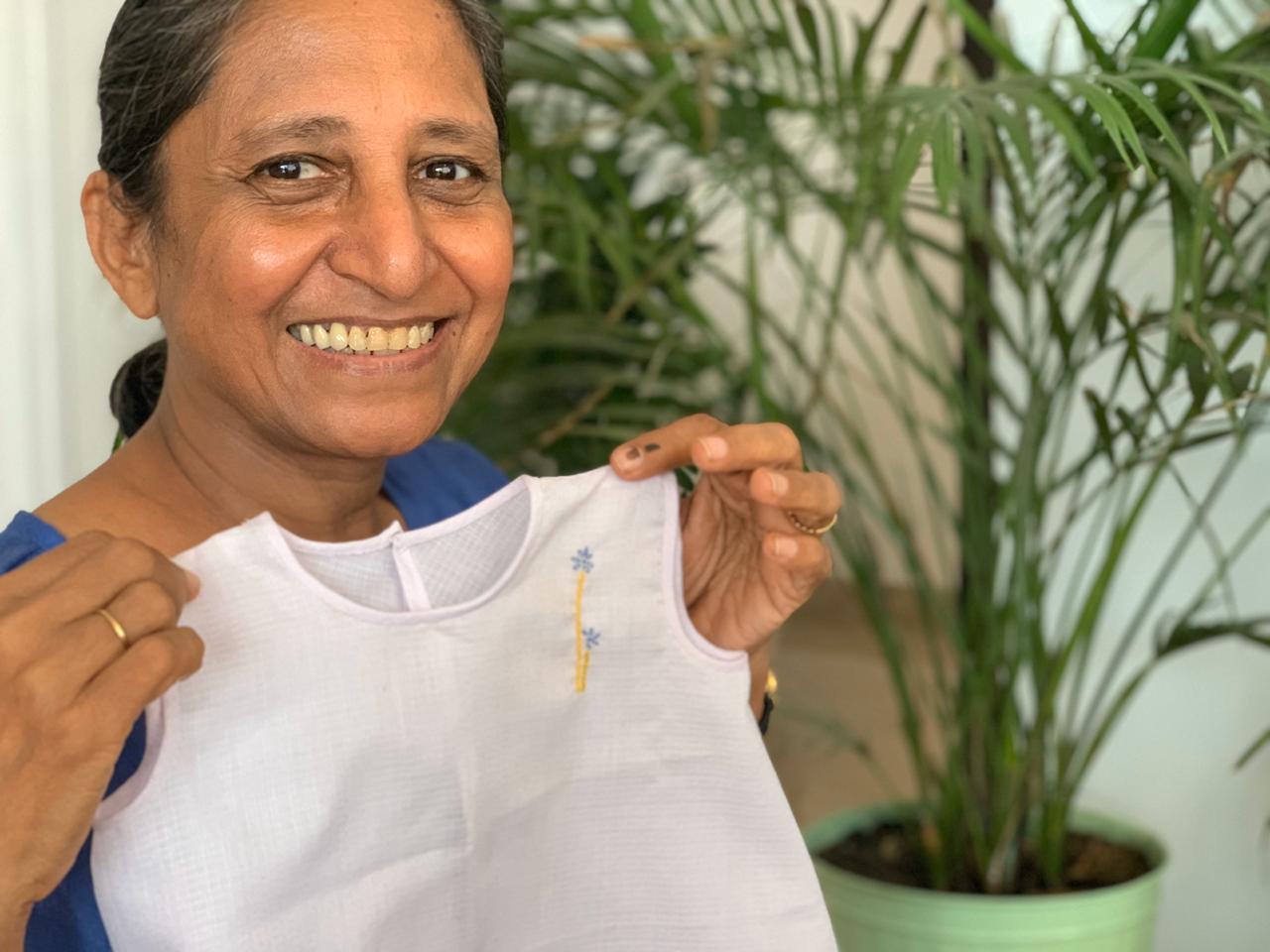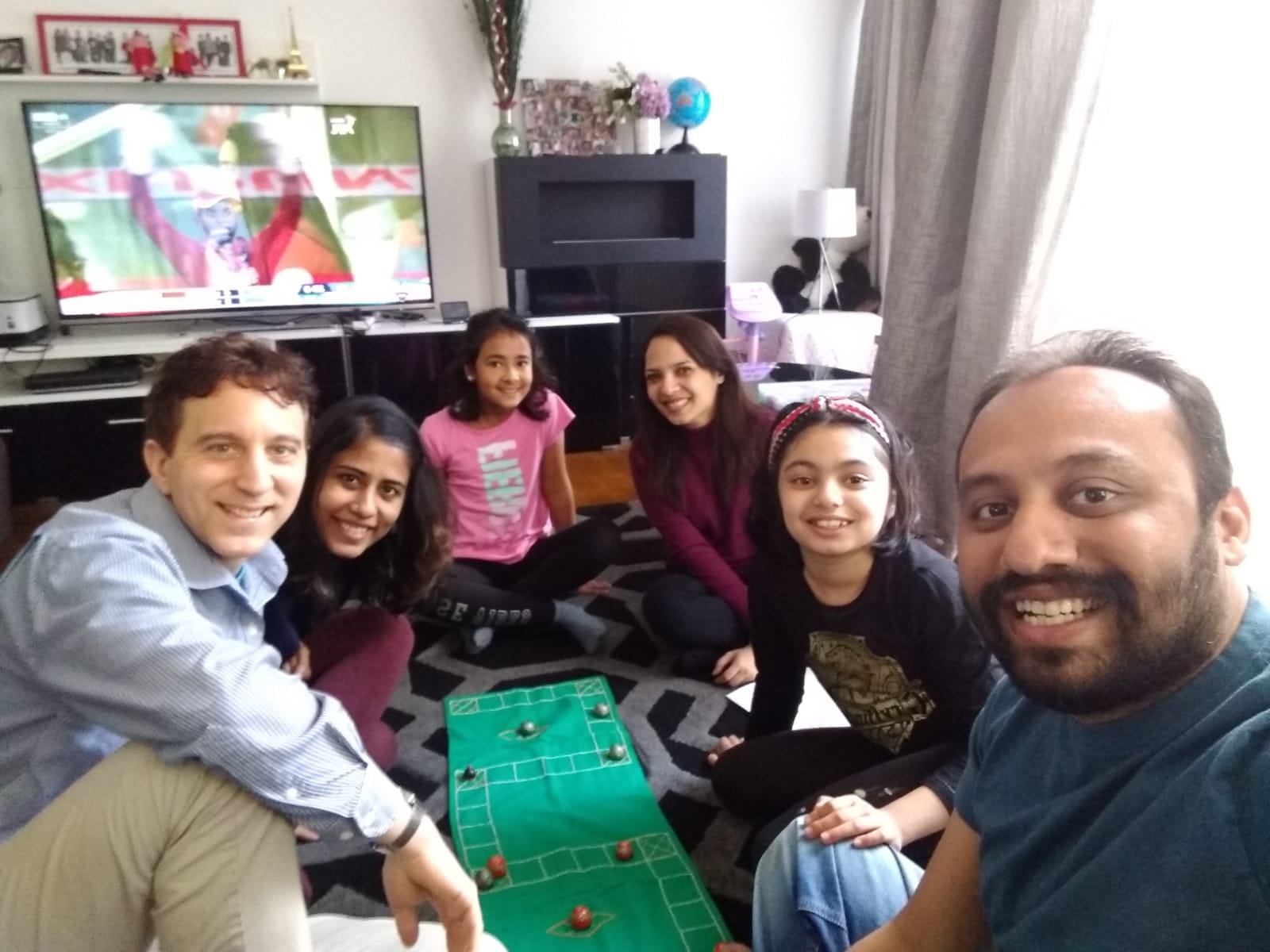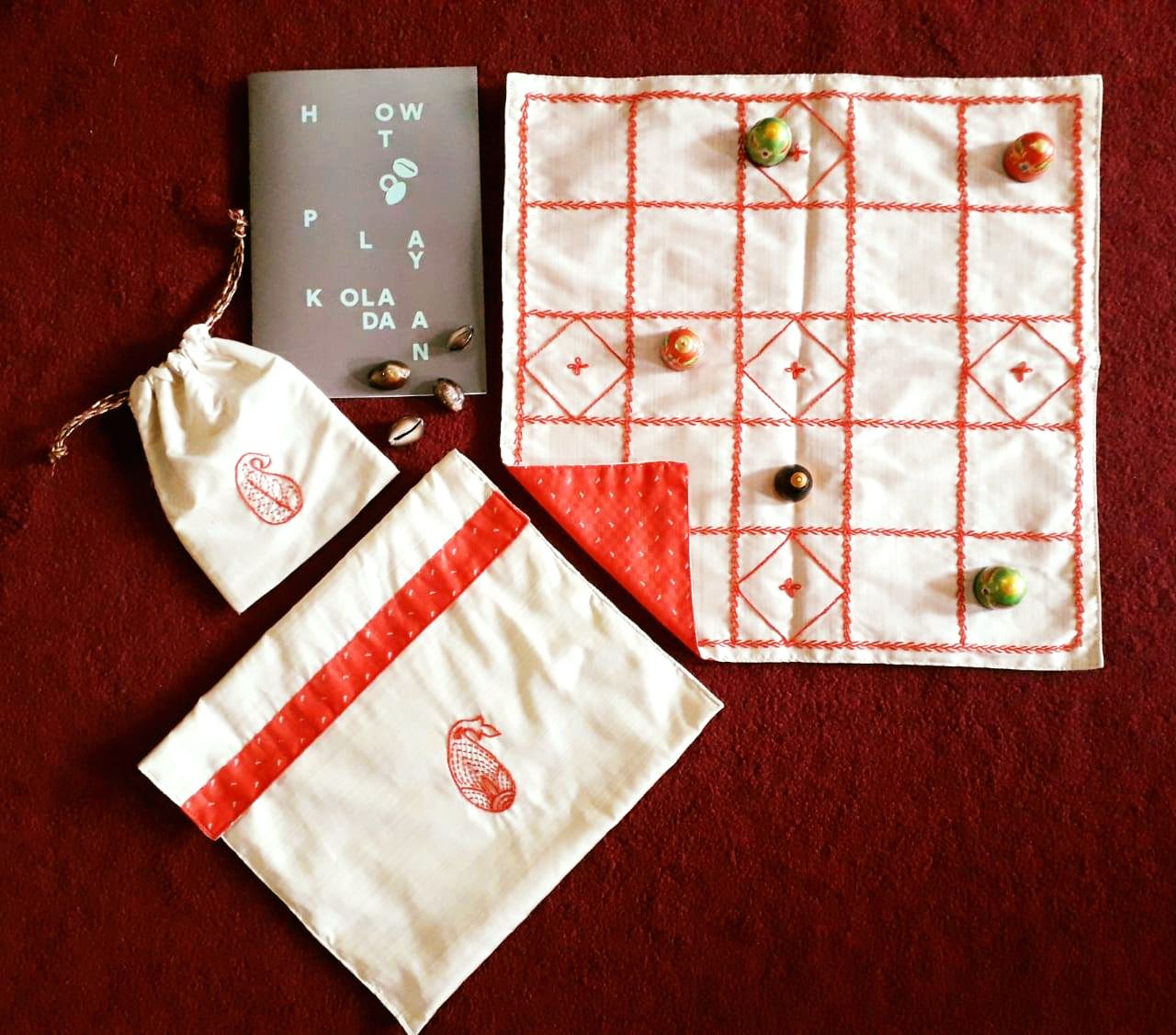The year 2020 brought in both uncertainties as well as new experiences, and the lockdown was a bit of both. The positive side to it was that we all got a little bit more time to spend with our families. For me, one of the highlights were the evenings after dinner, when we would all sit around and play a board game together. It was a great way to unwind before we called it a night.
According to this report, the lockdown has led to a record rise in the sale of board games, so much so that they’re out of stock at several stores. Big Bazaar, Snapdeal and Paytm Mall recorded the highest-ever sales of board games once the government allowed sale of non-essential items in some markets. While demand for traditional board games including ludo and carrom continued to soar, people were also open to exploring other traditional board games.
Sophie Johari (62) the creator of SoSophie, a brand that specialises in making traditional Dawoodi Bohra board games, experienced a similar rise in demand for her creations.
“It’s amazing how many enquiries and orders we received during the 2020 lockdown. It gave me a new kind of visibility.”

Speaking to The Better India, she says, “I have also customised other regional board games to include South Indian games such as Thaayam (played between two, three or four people, this game was popular in South India), Pretwa (this game has its origins in Bihar and is played between two people) and Tablan (originated in Mysore, and is played between two players). What’s amazing is that some of these games are at least a 1,000 years old, if not more. I feel like the preserver of these ancient games.”
Besides these, Sophie also does embroidery work on baby clothing, handkerchiefs, clothing and handbags.
How a homemaker became an entrepreneur
“I would describe it as an accident,” she says.
In 2017, Sophie’s daughter, Areefa, had requested her mother to make a board game as a wedding present for a friend. Once it was made, Sophie and Areefa decided to post about it on Facebook. “The next morning, when I logged in to Facebook, I found I had twelve messages inquiring if I could make more games. This was how I forayed into entrepreneurship,” she says.
She adds, “As a child, I remember seeing my mother do a lot of tailoring work and I picked up that skill from her. I have always enjoyed embroidery work more than stitching. Even after marriage and two kids, I kept at it. From making clothes for my daughters, which included their uniforms, to doing embroidery work on cushion covers at home – I never lost touch.” While Sophie never ventured into this field commercially, when a relative would ask for something to be done, she was always happy to oblige.
Sophie recalls that during vacations as a child, she would visit Godhra, Gujarat, where she was born.
The memories of her cousins and extended family sitting together to play Koladaan and Dadu fill her with a sense of warmth even today.

“Knowing that I could help other families create such memories was one of the driving factors to start SoSophie. Making these board games is an extremely time consuming and tedious process. I work on everything myself – from procuring raw materials to putting in the last stitch. So I do it at my own pace and for those who truly appreciate it,” she says.
Dadu – all about wartime strategy and planning
Dadu is perfect for family reunions or get-togethers that include people of all age groups. This board game was popularised by the Gujarati Bohra community. Players are divided into two teams and they position themselves on either side of the cloth board.
The objective of the game is to ensure that your team crosses over all your pieces to the other side. The team that managed this first is declared as the winner.
Sophie says, “These (Koladaan) games exist across communities in India and each community has its own set of rules. However, Dadu is a game played exclusively by the Dawoodi Bohra community. When I started making this game, I found no mention of it anywhere online. That’s what made me start it.” Over the years, Sophie has sold Dadu to people across the globe, which includes Pakistan, Italy, Singapore, Canada, US and Australia, and she says that more and more people from outside the community are now playing the game.
Sophie attributes her taking the plunge into being an entrepreneur to her daughters. “They were the ones who gently goaded me into taking this up. They also helped at every stage. I had no idea about how social media works, so the initial posts were all put up by my daughters,” she adds.
So far, Sophie has made and shipped out more than 70 board games and also accepts orders for anything that needs creativity.

She says, “I have made fridge magnets, bookmarks, photo frames, tote bags, baby frocks and name plates. I like to be creatively engaged and making something new has always kept me on my toes.” Each board game is accompanied with a set of instructions designed by Sophie’s daughter.
Sophie notes, “While placing an order, it is important for people to understand that each board game is customised and takes time to put it all together. From the time you place your order, this process can take between one week and 10 days.” Sophie also makes a request here for people to not bargain and ask for discounts. “Please understand this is labour intensive work. If I were to give you a discount on what I am charging, I would end up making a loss.”
The board game set, which includes Dadu and Koladaan, is priced at Rs 3,000, while individually, Dadu is for Rs 2,000 and Koladaan for Rs 1,500.
If you would like to check these games out, you can click here and place an order or explore further.
(Edited by Divya Sethu)
No comments:
Post a Comment